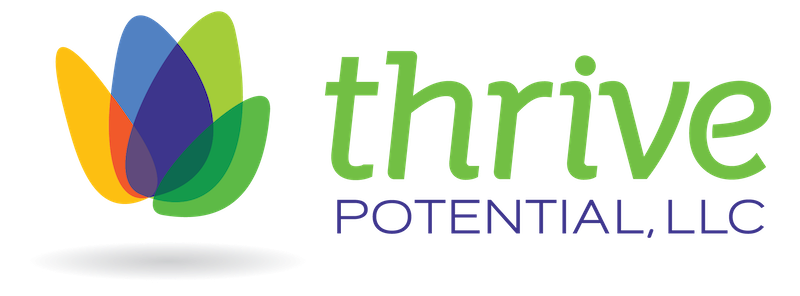Power. We commend it in those we admire, and we criticize it in those we attack. We grasp for more when we feel dominated, then we hide what we have when we feel dominating. We root for underdogs and scold power grabbers, yet we also value winners over losers.
In other words, we experience power as a good thing, and we experience it as a bad thing.
When it comes to our development, this complicated relationship with power can hold us back. Afraid to own it, we avoid action; unwilling to part with it, we avoid honesty.
Getting comfortable with your own power and what you want it to look like is an essential step in growing professional success. These three strategies can help:
Turn to the thesaurus
If you think you don’t want to—or aren’t able to—be powerful, think beyond the word itself. Perhaps synonyms like important, strong, or influential resonate better. Need more convincing? Consider how antonyms like weak and helpless contrast with how you want to show up. Being powerful means having agency and being effective.
Consider different types of power
When power is presented as a bad thing, it’s usually in the context of formal power. This power type is marked by job titles, legal rights, and reporting structures. Typically imparted by others, it relies on external people and systems for legitimization. For that reason, boosting your formal power means thinking strategically, enlisting support, and demonstrating patience with the “powers that be”.
If work presents limited opportunities to increase your formal power, worry not. Workplace power is not limited to those who claim the top boxes on the org chart. Simply being friendly, helpful, and outgoing can earn you plenty of referent power. Think being well liked doesn’t sound significant? Keep thinking. Such social capital plays a role in who gets picked for special projects, hired into open positions, and elected to public office.
If you prefer to keep to yourself rather than take high-profile jobs or build your popularity, consider focusing on your expert power. To do this, develop a unique set of valuable skills and knowledge—and make others aware of it. Expert power places you above your counterparts in competitive situations, and can lead to career growth and recognition.
Use your power for good
From bible verses to comic books, the link between power and moral responsibility has long been explored. Committing to use your personal strength for positive impact means your benefit to others increases as you grow more powerful. This is not only a sustainable approach to personal development, it’s an example that will inspire others to follow, increasing your power exponentially.
There is no question. Be powerful.



